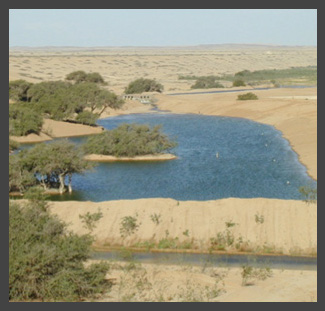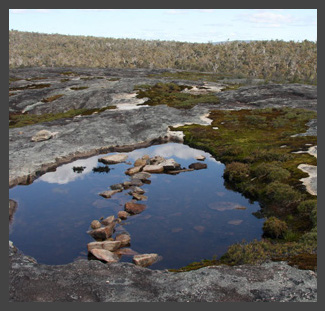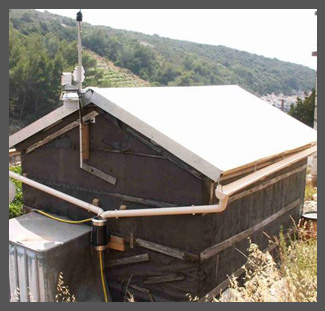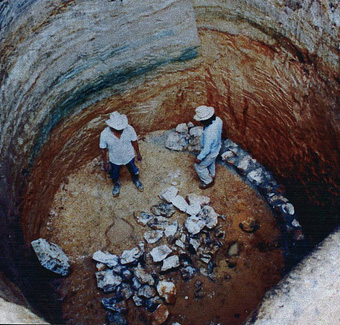Difference between revisions of "Drought resilience - Technical solutions"
From Akvopedia
(→Shallow groundwater) |
|||
| Line 32: | Line 32: | ||
====Shallow groundwater==== | ====Shallow groundwater==== | ||
| + | [[Image:HandDugWell.jpg|thumb|right|150px|[[Traditional hand-dug wells]]]] | ||
| + | |||
*[[Dug wells|Traditional hand-dug wells]] | *[[Dug wells|Traditional hand-dug wells]] | ||
*[[Riverbed hand-dug wells]] | *[[Riverbed hand-dug wells]] | ||
| Line 40: | Line 42: | ||
*[[Controlled flooding / Spreading basins]] | *[[Controlled flooding / Spreading basins]] | ||
*[[Subsurface harvesting systems]] | *[[Subsurface harvesting systems]] | ||
| − | |||
====General tips==== | ====General tips==== | ||
*[[Concrete production and drought]] | *[[Concrete production and drought]] | ||
Revision as of 20:31, 5 June 2012
The list below are technical measures to increase the resilience of WASH systems.
Surface water: Managed Aquifer Recharge (MAR)
- Infiltration ponds
- Contour trenches
- Bunds
- Gully plugs / check-dams
- Leaky dams
- Controlled flooding / irrigation
- Drip irrigation
- Well shafts & boreholes
Surface water: ground catchment & storage
- Natural rock catchment and Open water reservoir
- Natural or artificial ground catchment and Lined sub-surface tanks
- Natural ground catchment and Open water reservoir
- Catchment and storage dams
Surface water: other catchment & storage
Shallow groundwater
- Traditional hand-dug wells
- Riverbed hand-dug wells
- Riverbed infiltration galleries
- Infiltration wells
- Spring water sources
- Groundwater - Sand_dam
- Controlled flooding / Spreading basins
- Subsurface harvesting systems




